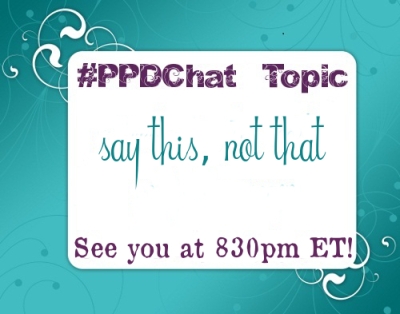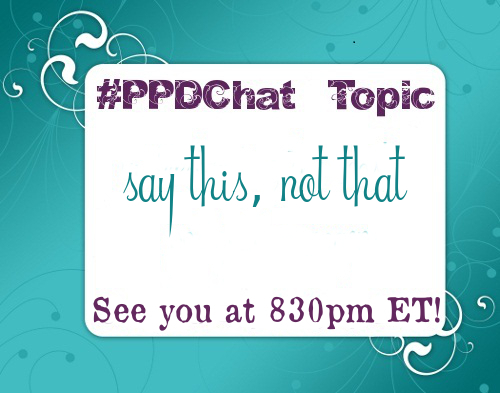
Language. It’s how we communicate with one another. It’s what I’m using right now to convey a message. We have so many -isms and quotes about how to use language in polite company, don’t we?
“If you can’t say something nice, don’t say anything at all.”
“Sticks and stones will break my bones, but words will never hurt me.”
“Think before you speak.”
“Keep the communication lines open.”
“The pen is mightier than the sword.”
But those contradict each other, don’t they?
Yes, and no.
If you think before you speak, you won’t say anything horrible, therefore you won’t hurt anyone, but then the communication lines may be closed unless you only allow the positive out, right? And heaven forbid you grab a sword instead of a pen. A pen – writing – allows us to THINK before we “speak” – to work out what it is we want to say and to edit our thoughts carefully before sharing them with others.
My father drove home the point of thinking before I speak. My mother, on the other hand, emphasized keeping the communication lines open.
Do you have ANY idea how difficult that is to bring to a happy middle? DO YOU?
Sometimes I can’t help but laugh at my inability to speak up or comment on something because I know exactly what I want to say but can hear my father’s voice in my head telling me to “think before I speak” immediately followed by my mother’s voice telling me to “keep the communication lines open.” So sometimes I speak, other times, I remain silent. When I do speak, I do try to be succinct, compassionate, and non-accusatory. Does it always work out? Hell no, I’m human for crying out loud and to err is to be human or something along those lines.
But here’s the thing.
Language does matter. Tone matters. Perception matters.
That’s what we’ll be addressing tonight. Language. Tone. Perception. Not just our own, but that of those around us. Every single one of us has our own baggage. What someone says about you or how they choose to react TO you is not necessarily about you, or even about them. It might be something they’ve been dragging with them for years and it merely slips out at the wrong time. Or at the right time.
Language makes or breaks stigma. So do actions. This morning, I read this wonderful post over at Brain Pickings: The Unaddressed Business of Filling Our Souls: Mood Science and the Evolutionary Origins of Depression. It is a brilliant post in that she examines a book entitled “The Depths” by Jonathan Rottenberg (which is now on my MUST READ list). One of the points she mentions that Rottenberg makes is that emotion/mood are terribly languagecentric.
Think about it – we assign positives and negative stigmas to words which describe moods. Are we supposed to find “joy” when someone is depressed? No, of course not, but what if instead of reacting with pity, we instead dove in and asked if we could do anything to help? Or we saw it as Rottenberg sees non-severe depression (ie, paralyzing depression), just as part of the ebb and flow of the cycle of life?
How we describe ourselves and how we allow others to describe us affects our self-view and therefore affects our moods. It matters how much weight we ascribe to the words swirling around us in the dark.
Tonight’s chat will examine words commonly used to describe depression and those who are depressed or living with mental health battles raging inside them. It is up to us, the survivors and the warriors, to change the language we use to describe ourselves and our battles. Until we do so, the language used by others will not change.
I hope you’ll join in on Twitter tonight at 830pm ET to discuss this with me as we create a list of things for those who loves us to say…and not to say as we fight for ourselves.

